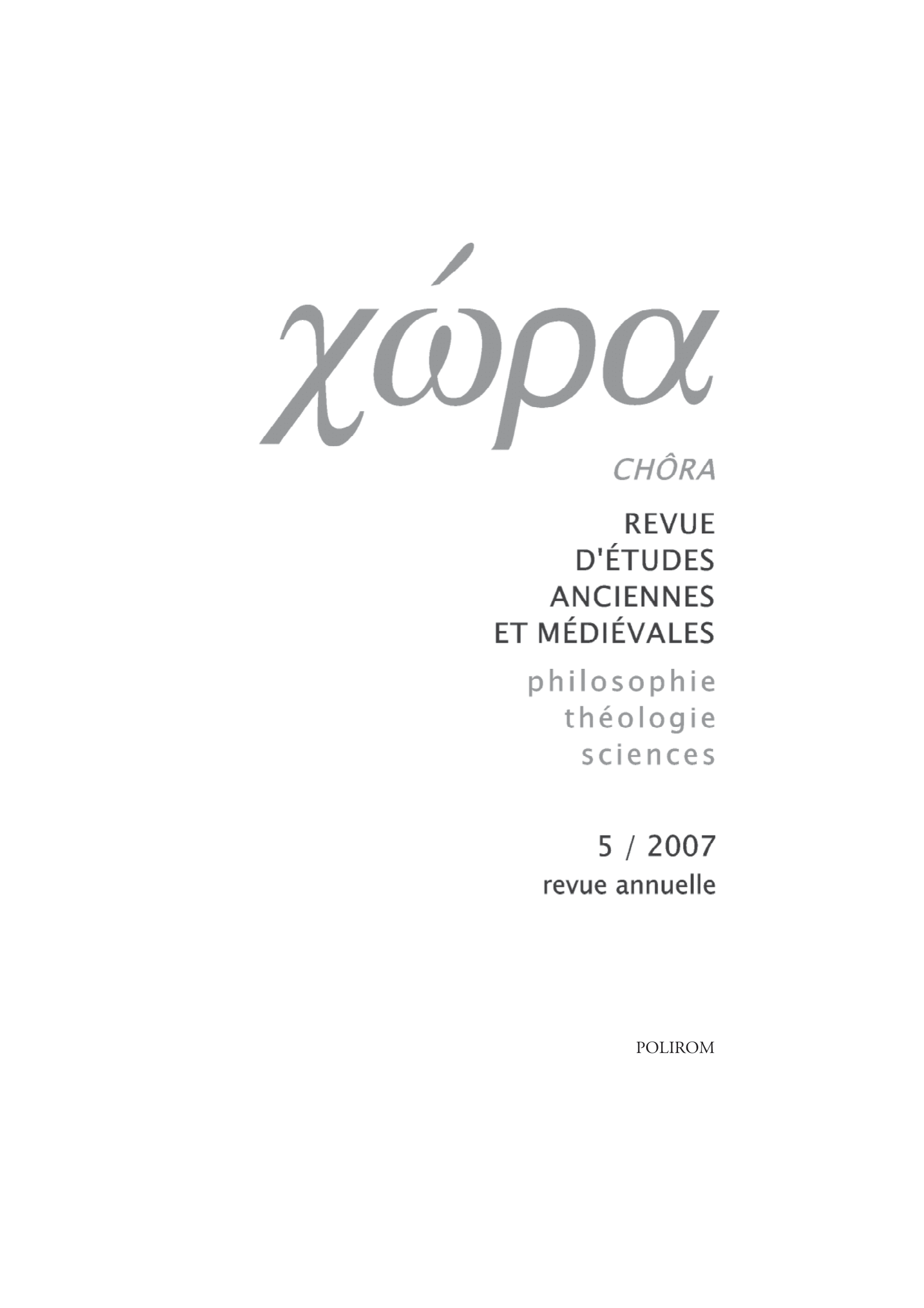La bacchetta magica di Hermes e il trono rovesciato. Il Plotino di Lev Šestov
The magic wand of Hermes and the overthrown throne. The Plotinus of Lev Šestov
Author(s): Patrizia TrovatoSubject(s): Philosophy, Social Philosophy
Published by: EDITURA POLIROM S.A.
Keywords: Plotinus; Šestov's philosophy; Greek philosophy; criticism of Rationalism;
Summary/Abstract: Plotinus represent a constant reference in all of Šestov's philosophy. For the Russian philosopher Plotinus is, on the one hand, the one who thought up the synthesis of Greek philosophy, on the other, the one who first broke with that same tradition precisely when it was at its peak. However, Šestov does lift from the Enneads certain passages which he marries - as if in a sort of contrapuntal rewriting exercise - to others in which Plotinus seems to contradict himself. What interests Šestov are precisely those discontinuities in the thought of the last great philosopher of old in an anti-Greek function. That of Šestov is once again a marked criticism of Rationalism as creator of an autonomous set of ethics that he judges according to an intellect which everything is subject to. Autonomous ethics affirms Šestov, is a fruit of Greek schools of thought to the extent that it shows distrust for what is mutable, unforeseen and arbitrary, of everything which, in short, is irrational, as it is not inserted in the One/All necessitating, justifying, regulating. In the alternative between Athens end Jerusalem, between the Rationalism and the bible, Šestov opts to assume a stance, in no uncertain terms, on the side Jerusalem, taking with him the Plotinus af the awakening and heading towards a greater reality capable of overturning the throne occupied for too long by reason. That Plotinus who at a certain point was obliged to say that in this other dimension 'the intellect before God represents a reckless, ungodly apostate' (VI.9.5). That Plotinus, who ultimately, in one of those most particular moments, realized that he was predestined for something loftier with respect to the world of evil and death.
Journal: Chôra. Revue d'études anciennes et médiévales
- Issue Year: 2007
- Issue No: 5
- Page Range: 57-64
- Page Count: 8
- Language: French
- Content File-PDF

